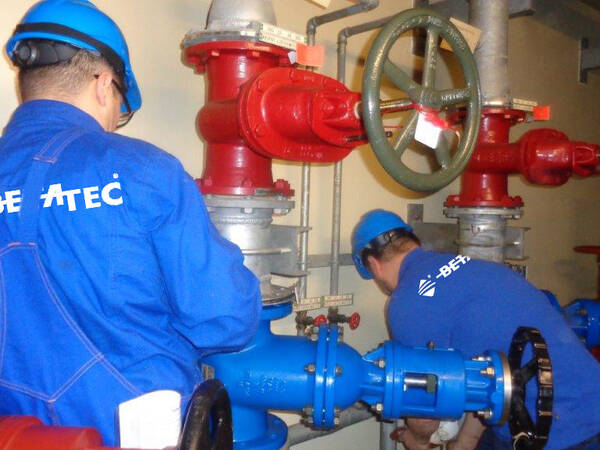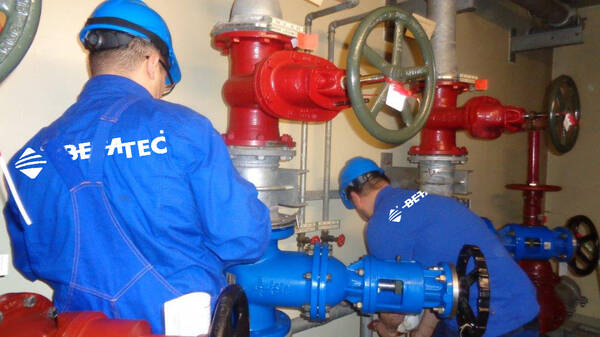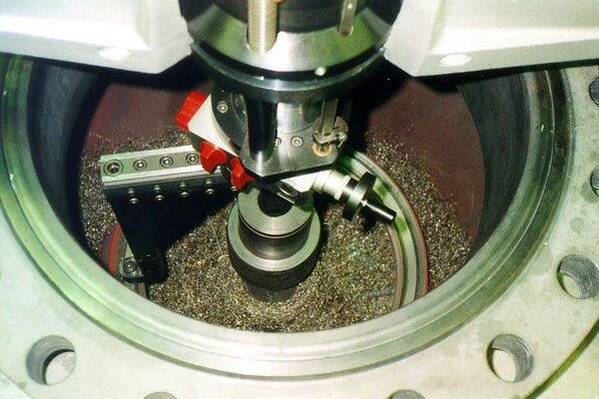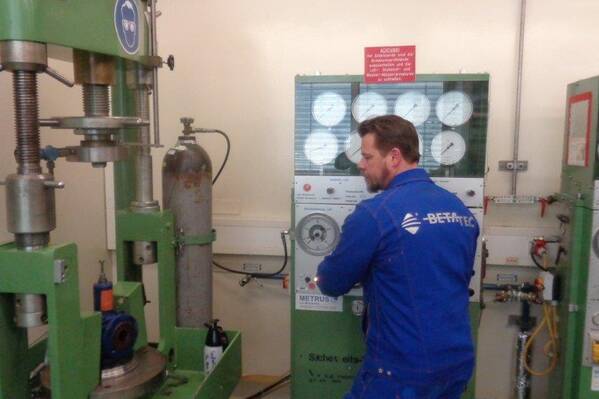

Valves are important for the safety and effectiveness of a process. Nowadays, more and more industrial companies and power plants outsource the maintenance of (high-pressure) valves to a contractor.
Every valve its own function
There are various types of high-pressure valves that enable the operation of steam plants. Examples include gate valves, non-return valves, ball valves, butterfly valves and safety valves. Each valve has its own function, including opening or closing a pipe, controlling the flow of the medium or protecting against overpressure. If you want to outsource maintenance, it is therefore important to choose a maintenance company that is knowledgeable about all types of valves.
Valves in power plants
I focus for a moment on valves used in power plants. You will understand that it is imperative that these valves function optimally. Not only for safety, but also with regard to operational reliability. After all, power plants are all about producing steam - and thus electricity. Preventing and solving leaks reduces steam loss and thus increases output.
Maintenance shutdowns
The focus of valve maintenance includes the effects of plant startups and shutdowns. The valves are subjected to relatively heavy loads in this process. On average, a maintenance stop is scheduled every three to five years, during which the valves are fully inspected and - where necessary - repaired or overhauled.
Among other things, the inspections look at the actuators (actuators) and positioners, the surface of the seats, the spindle of the valve and the welded parts. Maintenance services apply the so-called ‘dye penetrant test’ to check the seat and housing for the presence of micro-cracks.
On-site maintenance
In the process industry, replacing a standard valve is a relatively simple job. In power plants, the situation is different. Many of these valves are welded into the system and can only be removed by cutting them completely loose. This job is often done by a specialised maintenance company. An example of such a company is BetaTec. This German family company has extensive experience in servicing standard and high-pressure valves in power plants, paper mills, waste processing plants and the (petro)chemical industry.
To carry out maintenance on site, BetaTec has mobile service equipment that allows them to overhaul valves on site. In doing so, BetaTec's service technicians use containers fully equipped as workshops.
Training courses in valve technology
Outsourcing maintenance can remove important knowledge of valve technology from the end user. My customers regularly enquire about training courses for their own maintenance department and/or engineering department.
We can provide those training courses, but external service companies also often provide this kind of training. This way, they share the knowledge and experience they have in-house. I know from BetaTec that they tailor their training courses to different levels and the functions of the participants. In doing so, they focus mainly on practice and not on a specific brand of valve.
So valve maintenance can be easily outsourced. In doing so, however, make sure that the knowledge remains within your own company. A good maintenance company can provide both maintenance and training.


